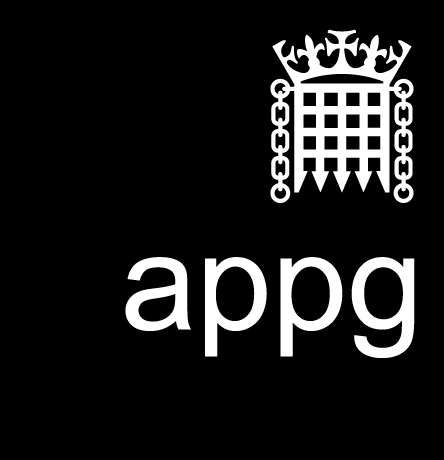National Hate Crime Awareness Week: The experiences of non-Muslim men who suffer Islamophobia because they look Muslim.
All-Party Parliamentary Group on British Muslims
“The experiences of non-Muslim men who suffer Islamophobia because they look Muslim.”
Wednesday 18 October, 5-6PM in Committee Room 19, Palace of Westminster
As part of National Hate Crime Awareness Week (#NHCAW), Anna Soubry MP and Wes Streeting MP, Chair and Co-Chair of the APPG on British Muslims, will host Associate Professor, Imran Awan and Senior Lecturer, Irene Zempi to share their recent research and recommendations, drawing on data from qualitative interviews, on the experiences of Islamophobia faced by 20 non-Muslim men in the UK because they look Muslim yet remain ‘invisible’ in both official statistics and empirical research. You will also hear from Mick Conboy of the Crown Prosecution Service, who will present the latest data and trends in the CPS’ upcoming Hate Crime Annual Report.
We will also be joined by Baljit Ubhey, Chief Crown Prosecutor for London.
Executive Summary of Imran and Irene’s research:
Existing research on Islamophobic hate crime has examined in detail the verbal, physical and emotional attacks against Muslims. However, the experiences of non-Muslim men who suffer Islamophobia because they look Muslim remain ‘invisible’ in both official statistics and empirical research. Drawing on data from qualitative interviews with 20 (non-Muslim) men based in the UK, we examine their lived experiences of Islamophobic hate crime in person and online. Our findings show that participants experienced Islamophobic hate crime because of the intersections between gender, race/ethnicity, appearance and space. Participants described being verbally and physically attacked, threatened and harassed as well as their property being damaged (for example, graffiti and smashed windows). These incidents usually happened in public spaces, on trains, buses, shopping centres as well as workplace – often when other people were there yet did not intervene. Attacks against participants also took place near mosques or areas with high population of Muslims. The impacts upon victims included physical, emotional, psychological, and economic damage. These experiences were also damaging to community cohesion and led to polarisation between different communities. Our recommendations are based on participants’ views and opinions for tackling this problem.
If you would like to attend this meeting, please RSVP here.
Like, follow and share on Facebook.
RT on Twitter.
